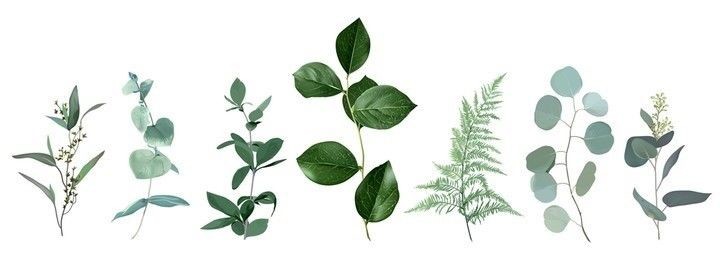Identification of Herbal Medicines Authenticity
Inquiry
Herbs are the raw material for herbal tablets, herbal extracts, and proprietary Chinese medicines. However, due to the development of the industry and the lack of standardization in the production, management, and use of herbal medicines, herbal medicines have long been subject to forgery, adulteration, and other phenomena. The different types of adulteration can affect the stability and consistency of the quality of herbal materials, thus affecting the therapeutic effect and even causing side effects. In recent years, problems such as dyeing and weight gain from herbs have emerged, seriously affecting the safety of public use. Lifeasible offers a range of adulteration tests for different types of adulteration and staining of herbs to help you identify them.

- Look-alike adulteration. Adulteration of herbs that are similar in appearance and color to the genuine herb, with the contaminated product being very distant from the natural product.
- Homologous adulteration. Herbs from similar species of the same family are mixed with natural herbs.
Chromatographic fingerprinting provides a comprehensive chemical composition analysis and is the traditional method of differentiating and identifying herbs. However, chromatographic analysis requires manual pre-processing of samples and chromatographic separation procedures, which are tedious and time-consuming, often taking several hours to analyze a single sample. We can offer you direct ionization mass spectrometry to detect the main active ingredients in herbs. The method involves simply adding a small sample of herb to a solvent and applying high voltage electricity to induce spray ionization of the sample, giving a mass spectrum of the herb within minutes, which can be used like a fingerprint to help identify it. The presence or absence of the main active ingredient on the mass spectra can be used to determine the herb. In addition, we can also use principal component analysis to distinguish between wild or cultivated species and the sample's origin.
- Coloring and adulteration
Chromatographic and spectroscopic methods based on chemical composition studies are the most common techniques to detect staining and adulteration of herbal materials and herbal tablets. These include surface-enhanced Raman spectroscopy (SERS), ultra-performance liquid chromatography with triple tandem quadrupole mass spectrometry (UPLC-MS/MS), high-performance liquid chromatography with photodiode array detection (HPLC-DAD), HPLC- The combination of photodiode array (PDA) and HPLC-MS/MS enables the rapid, accurate and sensitive detection of common illegally added colors such as golden amine O, golden orange G, sunset yellow, golden orange I, golden orange II, bright yellow and methyl orange. In addition, traditional physical and chemical identification and thin layer chromatography (TLC) identification play an essential role in the qualitative aspects of stain screening and the final confirmation of stains by liquid mass spectrometry.
In addition, we also built a platform for the detection of herbal adulteration based on multiplex ligation-dependent probe amplification (MLPA) technology, and designed species-specific MLPA amplification probes based on the gene sequence characteristics of herbal materials and their common adulterants, to solve the technical problems of existing identification technologies in the process of The platform was designed to solve the technical problem of adulteration detection in the process of species identification. Based on this testing platform, we have established a series of rapid identification techniques for closely related and easily mixed species.
We use a combination of methods to identify forgeries and recommend targeted methods depending on the species. Lifeasible identification techniques play their part in the quality control of herbs. Please feel free to contact us to ensure the safe use of medicines.
For research or industrial raw materials, not for personal medical use!
Related Services

